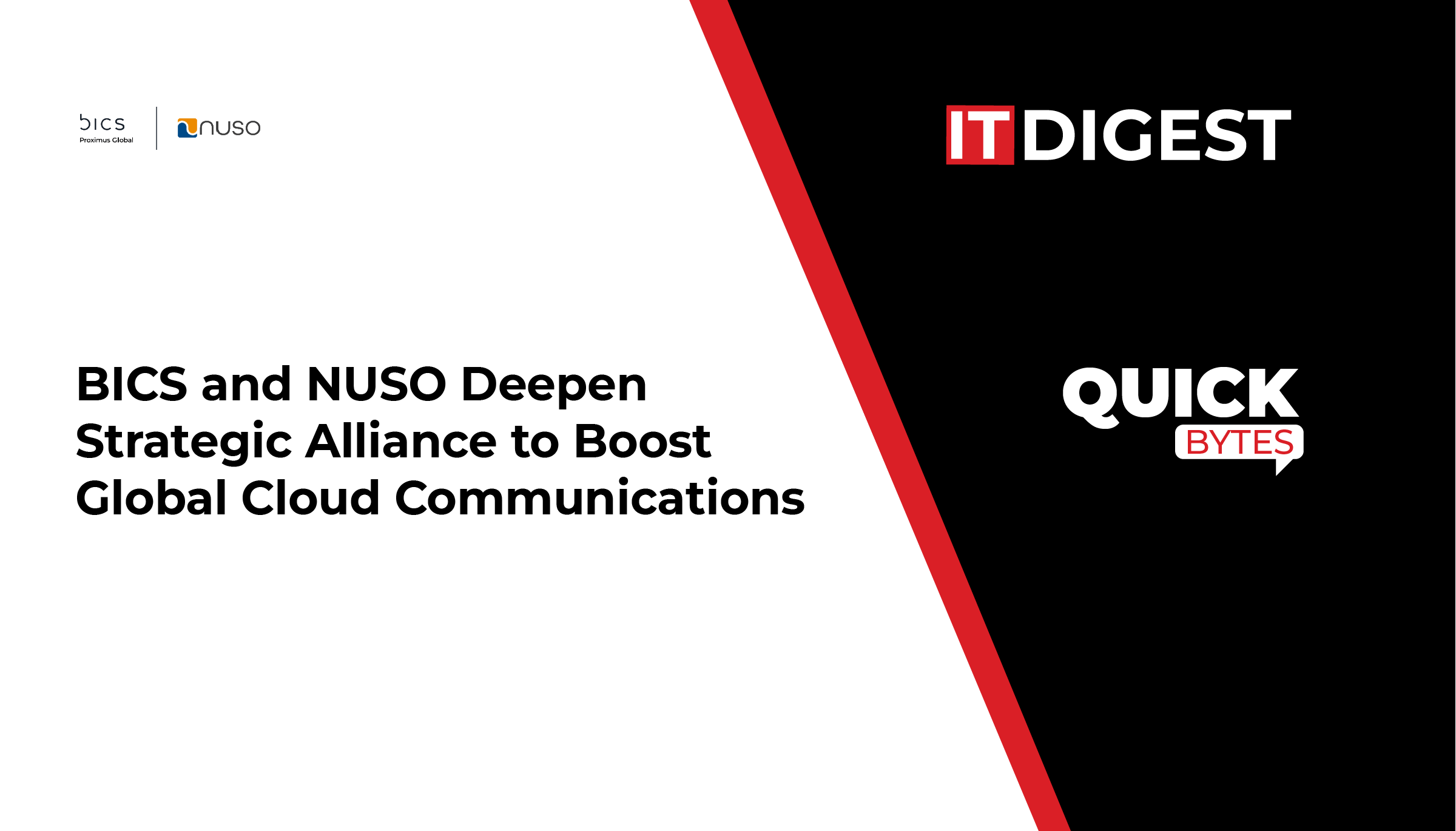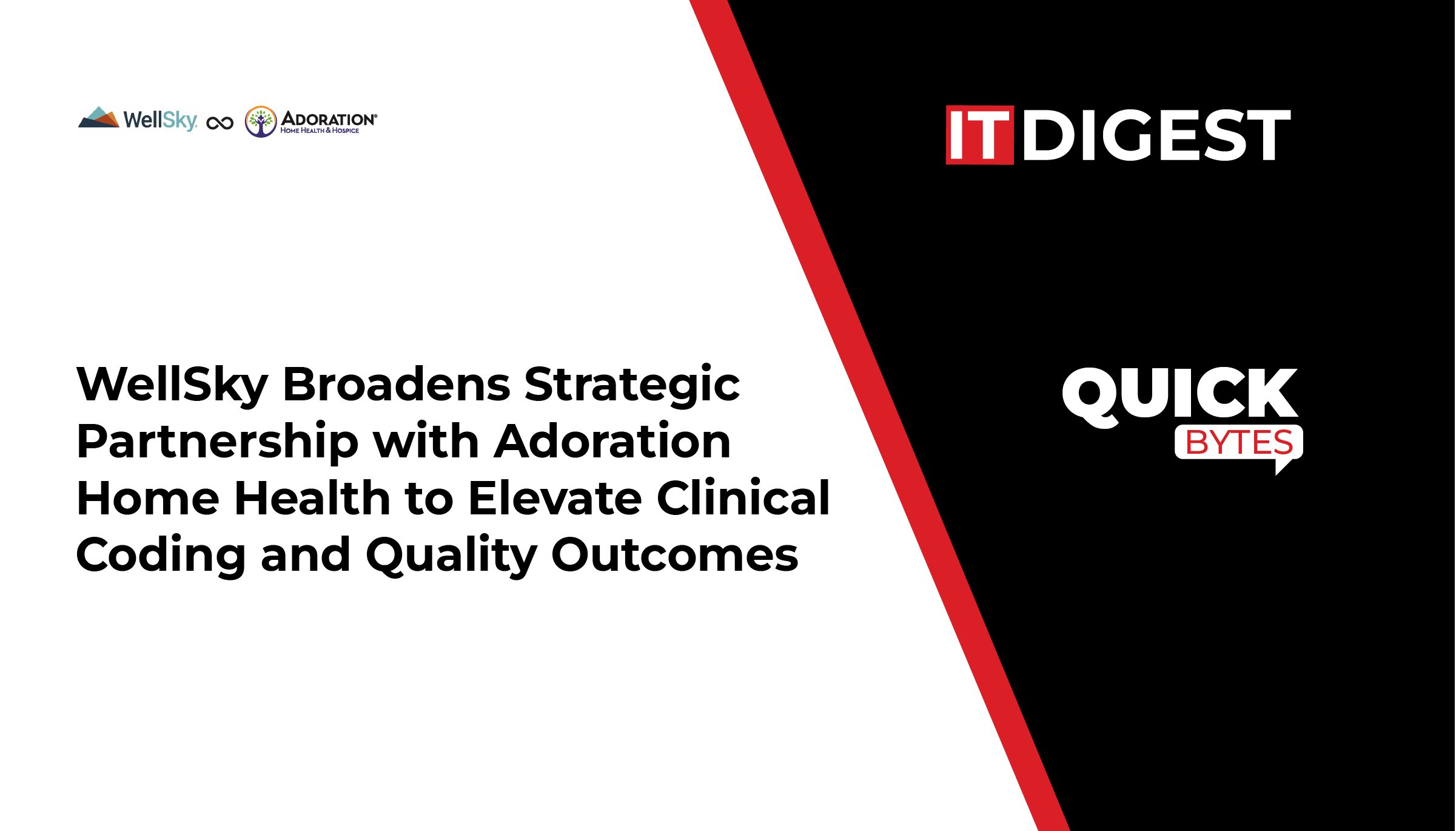Opus, a leading provider of payment technology solutions to banks and FinTechs, announced that it has successfully achieved compliance with the Payment Card Industry (PCI) Data Security Standard (DSS) version 4.0. This achievement demonstrates Opus’ unwavering commitment to data security and its dedication to protecting the sensitive information of its customers and partners.
The PCI DSS is a globally recognized standard that defines technical and operational requirements for organizations that store, process, or transmit payment card data. PCI DSS v4.0, released in June 2022, marked a significant evolution from PCI DSS v3.2.1, which is set to retire on March 31, 2024. Backed by industry feedback, the latest version introduces a “Customized Approach” that allows organizations to tailor their security controls to their specific needs and risk profiles.
“Achieving PCI DSS v4.0 compliance is a major accomplishment for Opus and a testament to our unwavering commitment to data security,” said Praveen TM, CEO of Opus. “By taking advantage of the flexibility offered by the Customized Approach, we have implemented a robust security framework that effectively mitigates emerging threats and ensures the highest level of protection for our customers’ data.”
Also Read: Socure Drives Fintech Innovation with Banking-as-a-Service Insights and Controls
To mitigate emerging threats, PCI DSS v4.0 has also introduced a few new requirements, such as strengthened authentication controls with a particular emphasis on multi-factor authentication, payment page script integrity, and enhanced password complexity.
Furthermore, Opus has implemented additional controls exceeding the PCI DSS requirements, further solidifying its commitment to data security. This proactive approach aligns with Opus‘s core values and reinforces its position as a trusted partner of its customers.
Increasingly digital landscape, maintaining customer trust is paramount,” said Praveen TM. “Being PCI DSS compliant plays a vital role in achieving this objective. Many of our customers require contractual compliance, and we are proud to surpass their expectations by implementing even stronger security measures.”
SOURCE: PRNewswire

































